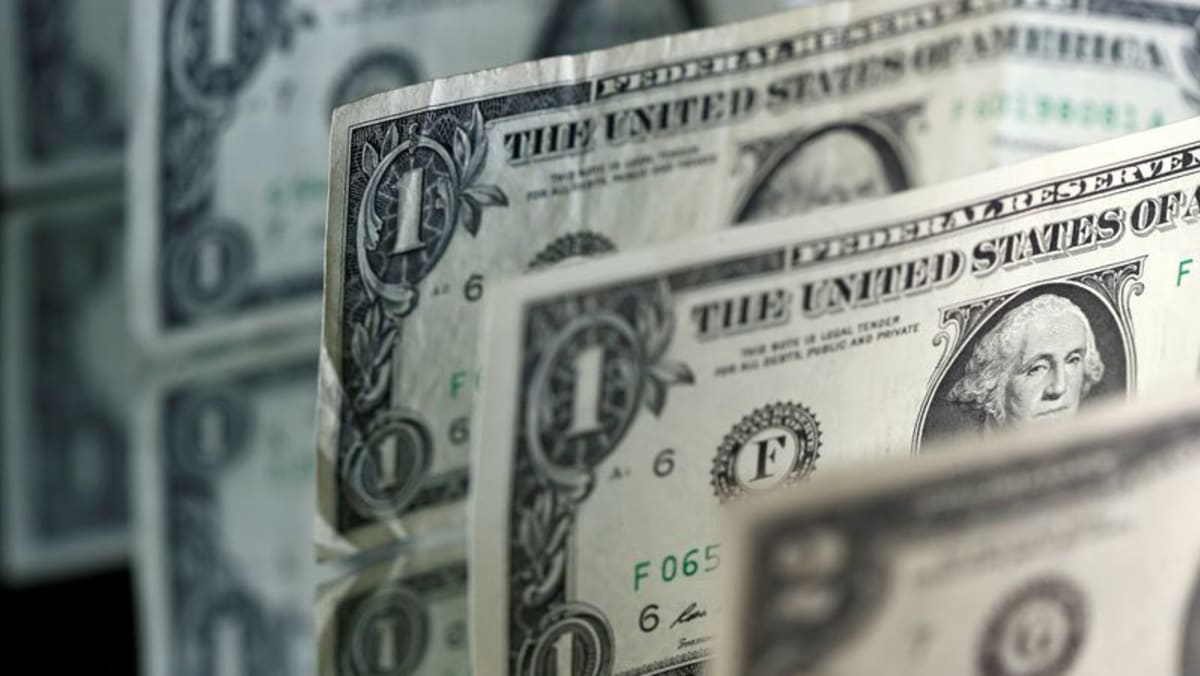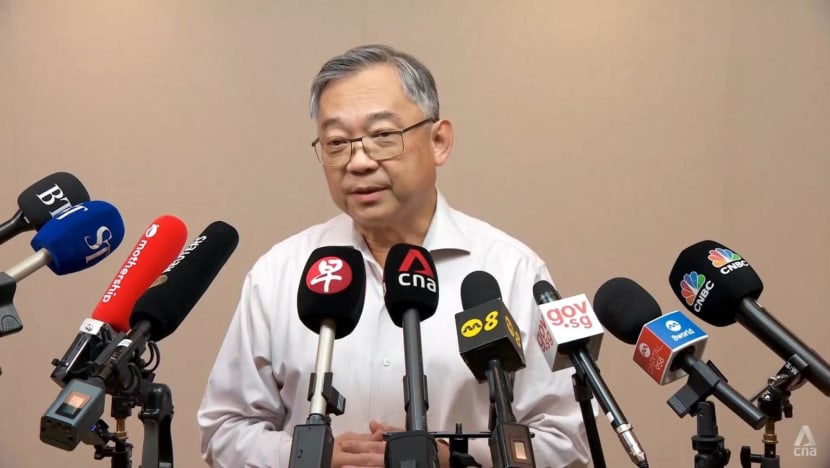
Minister for Trade and Industry Gan Kim Yong speaks to the media on Apr 3, 2025, following the United State's imposition of 10 per cent tariffs on Singapore.
SINGAPORE: While Singapore was hit with the lowest level of tariffs - 10 per cent - in sweeping new levies announced by the United States, the impact will be significant, said Singapore Deputy Prime Minister Gan Kim Yong on Thursday (Apr 3).
"I think our households and our businesses have to be prepared for rough waters ahead of us, and they will significantly impact our business as well as households," said Mr Gan, who is also the trade and industry minister.
"We will continue to monitor the situation, and if necessary, we will introduce more measures to help our households and our businesses."
In February, official forecasts put Singapore's growth for 2025 at 1 to 3 per cent but this will now need to be relooked, said Mr Gan.
"We are at the moment reassessing our economic forecast, and we may need to make adjustments in time to come," he told a media conference.
Senior Minister Lee Hsien Loong also warned that Singapore's growth will be affected by the US' move.
"Our growth will be hurt, though it is too early to tell by how much," he said in a Facebook post.
"Singaporeans and businesses should be psychologically prepared for rough weather ahead."
Expressing disappointment with the tariffs, Mr Gan said Singapore could have chosen to take countermeasures under a free-trade agreement in force since 2004, but will not do so.
"Retaliatory import duties will just add cost to our imports from the US … and this will affect our consumers and our businesses," he said.
In his Facebook post, Mr Lee also reiterated that Singapore will not respond with tariffs of its own, though many countries may do so.
"(Reciprocal tariffs) could trigger an escalating vicious cycle of higher tariffs," he said.
"A trade war would drive up costs, choke off trade and dampen economic growth for everyone."
Mr Gan said Singapore will try to engage the US at multiple levels to understand President Donald Trump's areas of concern and see if they can be resolved.
"We'll be engaging at the ministerial level, at the official level. Ambassadors in the US will also be engaging them, and our businessmen will also be engaging their private sector," said Mr Gan.
"If there are no specific concerns, then it's more difficult to argue or to negotiate."
Mr Gan said there may have been a misperception or a different understanding of the bilateral relationship between the US and Singapore.
"There may be room for us to clarify, to explain, and hopefully … we will be able to resolve some of these issues, including the tariffs," he said.
The US had a goods trade surplus of US$2.8 billion (S$3.74 billion) with Singapore last year, an 84.8 per cent increase over 2023, according to the United States Trade Representative website.
Mr Gan said Singapore will have to double down on its efforts to continue to keep its economy open and uphold open, fair and free trade among like-minded countries.
He added the country is working with its partners to strengthen the World Trade Organization (WTO), as it is "very important for us to make sure that we continue to strengthen and preserve the multilateral system to the extent possible, because this will provide the basis for collaboration for international trade under rules-based order".
Singapore – the only country in the Association of Southeast Asian Nations with which the US has a trade surplus – faces the baseline 10 per cent tariff, which is much lower than the tariffs that have been meted out to many of its neighbours.
When asked by reporters if Singapore got a better deal than its neighbours, Mr Gan said that the higher tariffs imposed on its neighbours would eventually affect Singapore in the long term.
"Once you have a duty imposed on other countries' exports to US, these countries may begin to slow down their production, they may begin to slow down their trade, and once they start to do that, investments into these countries will slow down," he said.
"Similarly, once the whole global situation responds to this, and investments globally (slow) down, trade globally slows down, export and imports will slow down, and that will lead to a global economic slowdown."
As an open economy dependent on the global economy, any worldwide slowdown will affect Singapore's ability grow and develop, said Mr Gan, adding that the country's economy may over time slow down with the rest of the world's economies.
"Tariffs will just add cost to the products, and overall, someone will have to pay for this additional tariffs," he said.
"I think no one will benefit from this exercise, and there'll be no winners. In the end, it will be a lose-lose outcome."
Source: CNA//Reuters/ec(ac/kg)

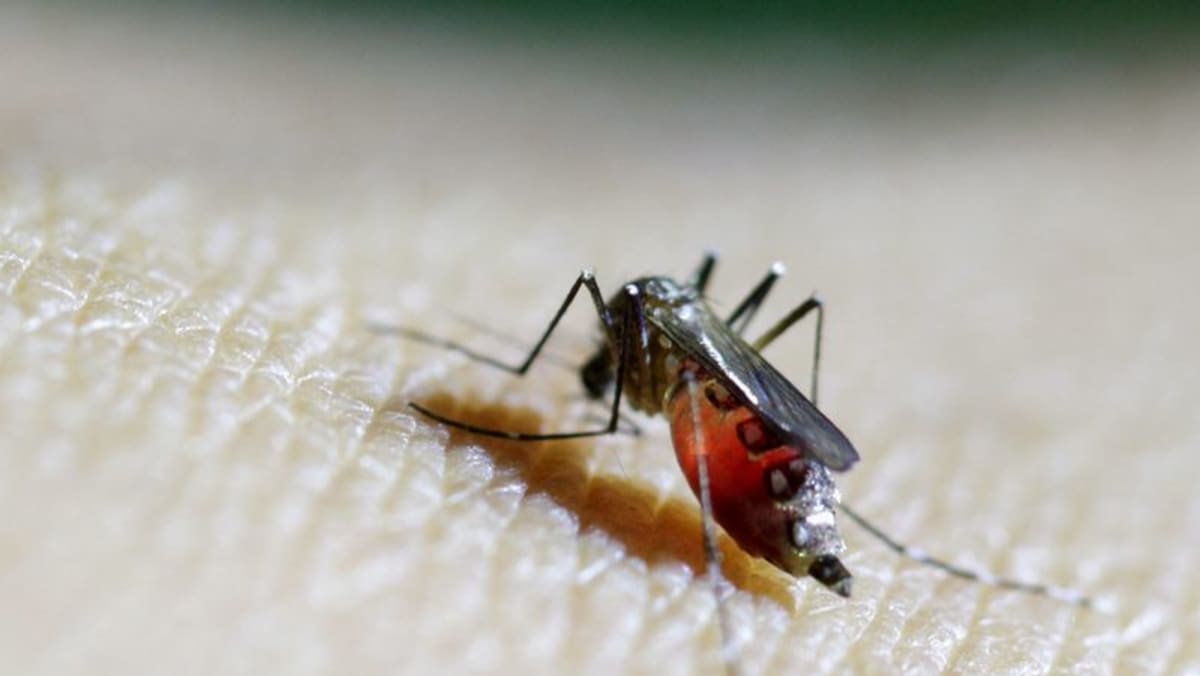
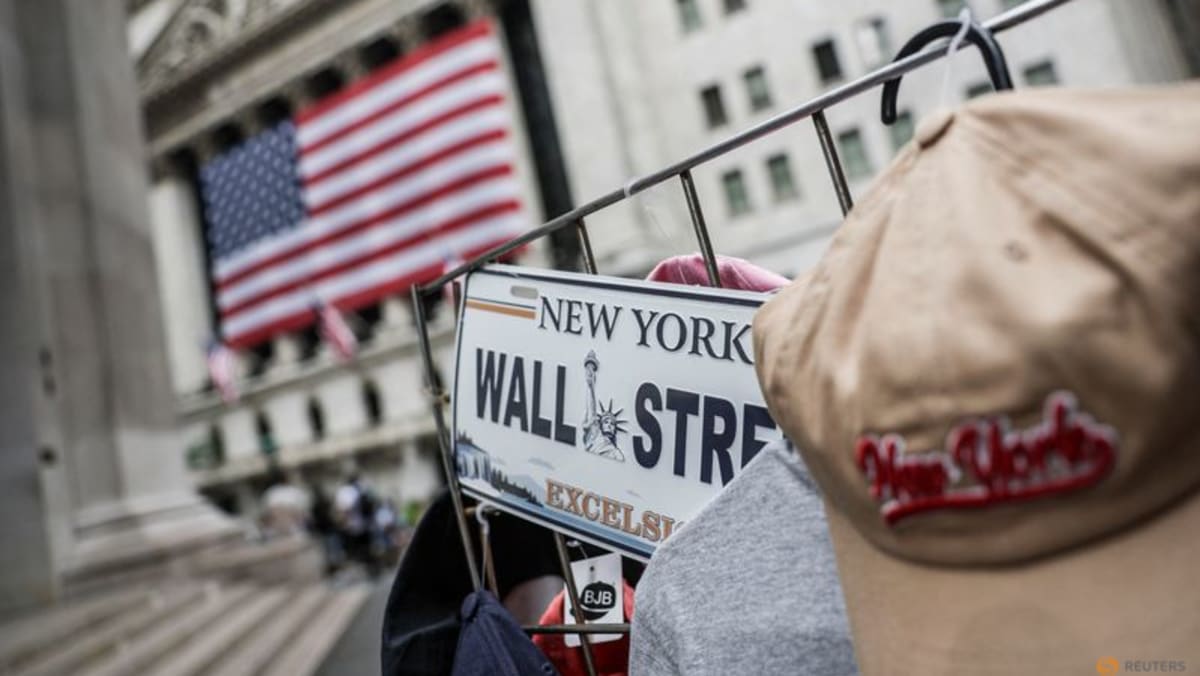





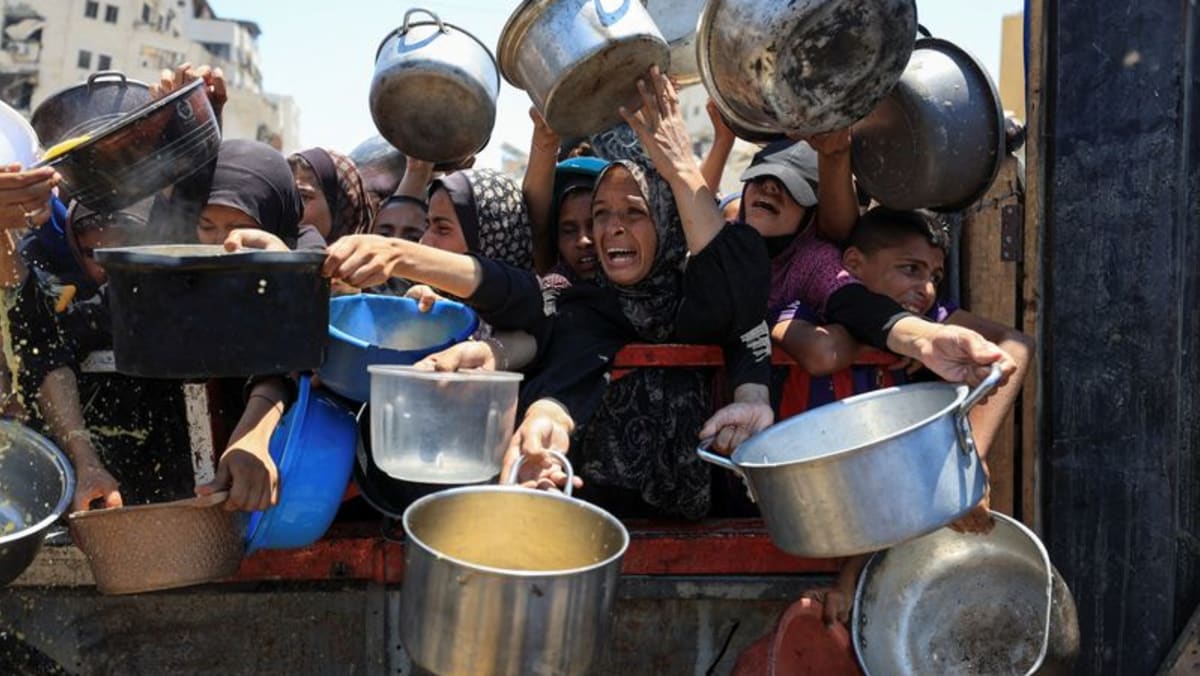

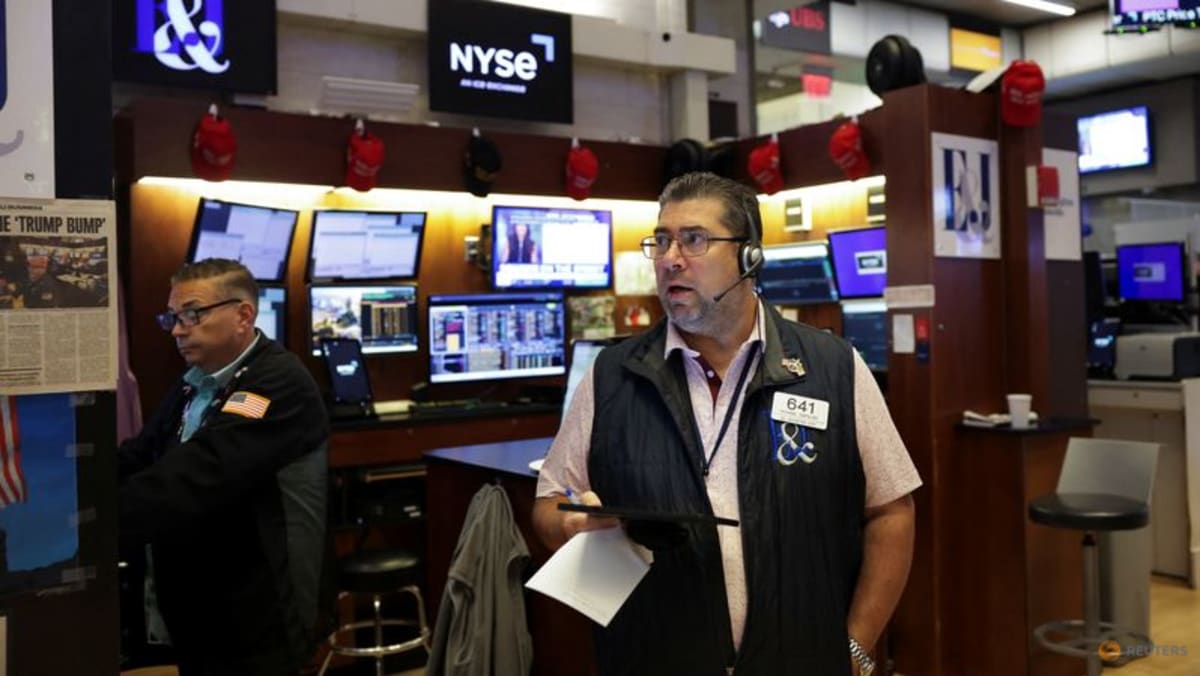


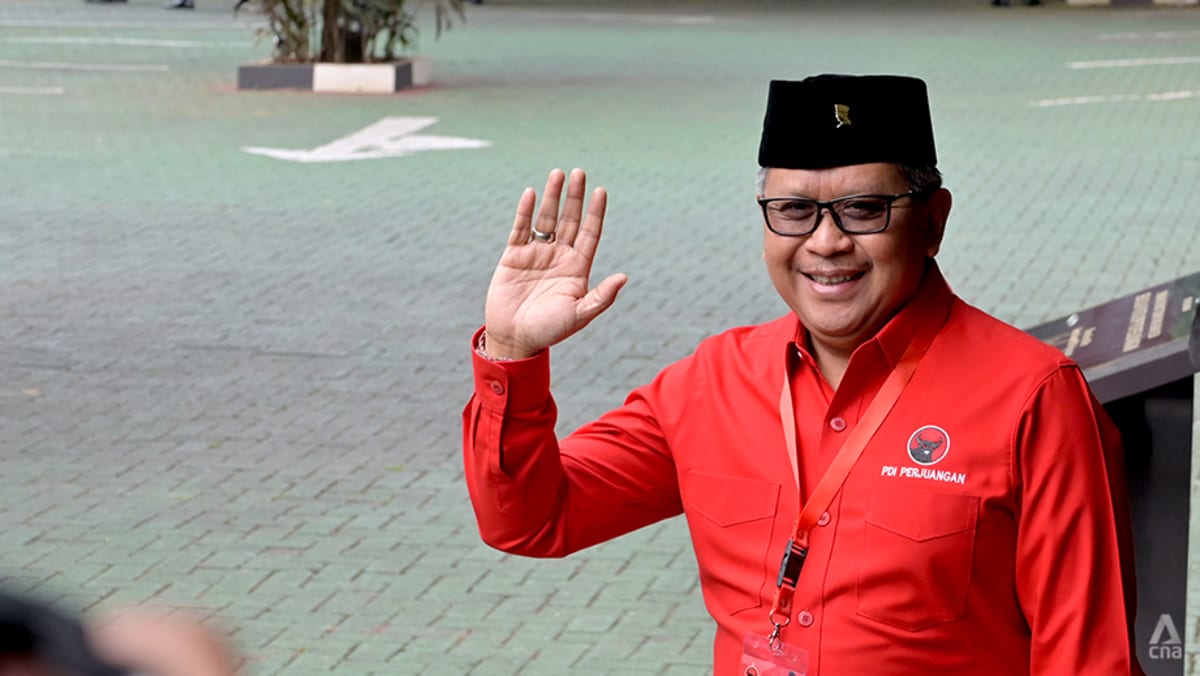
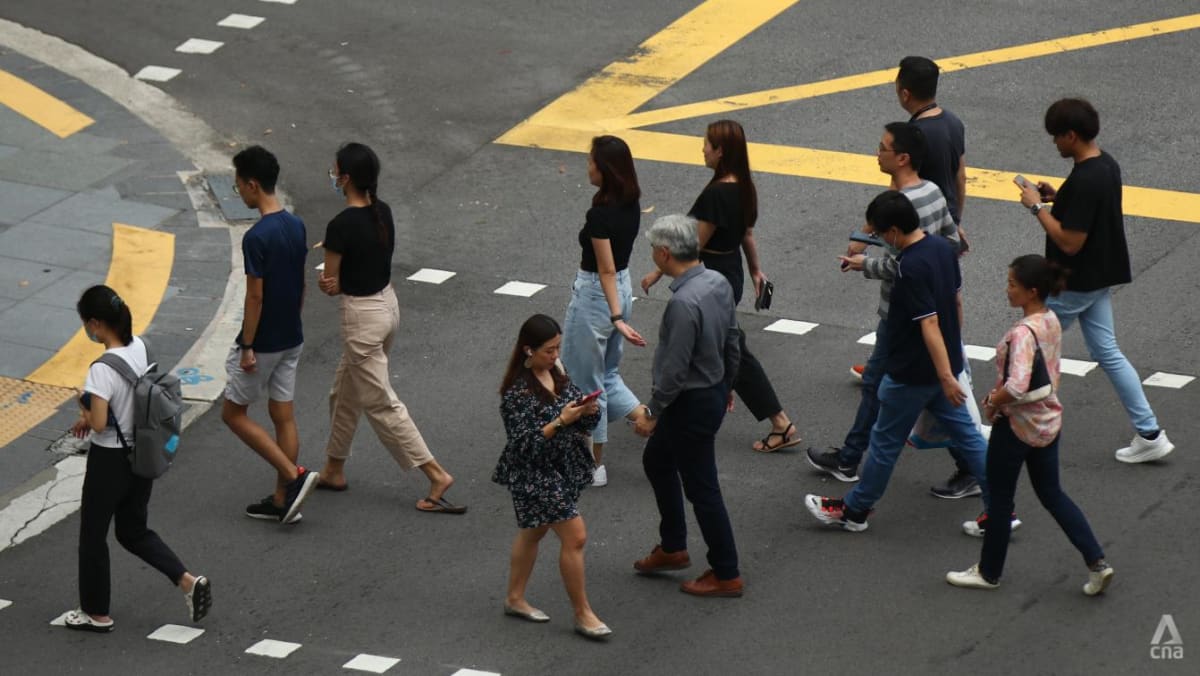

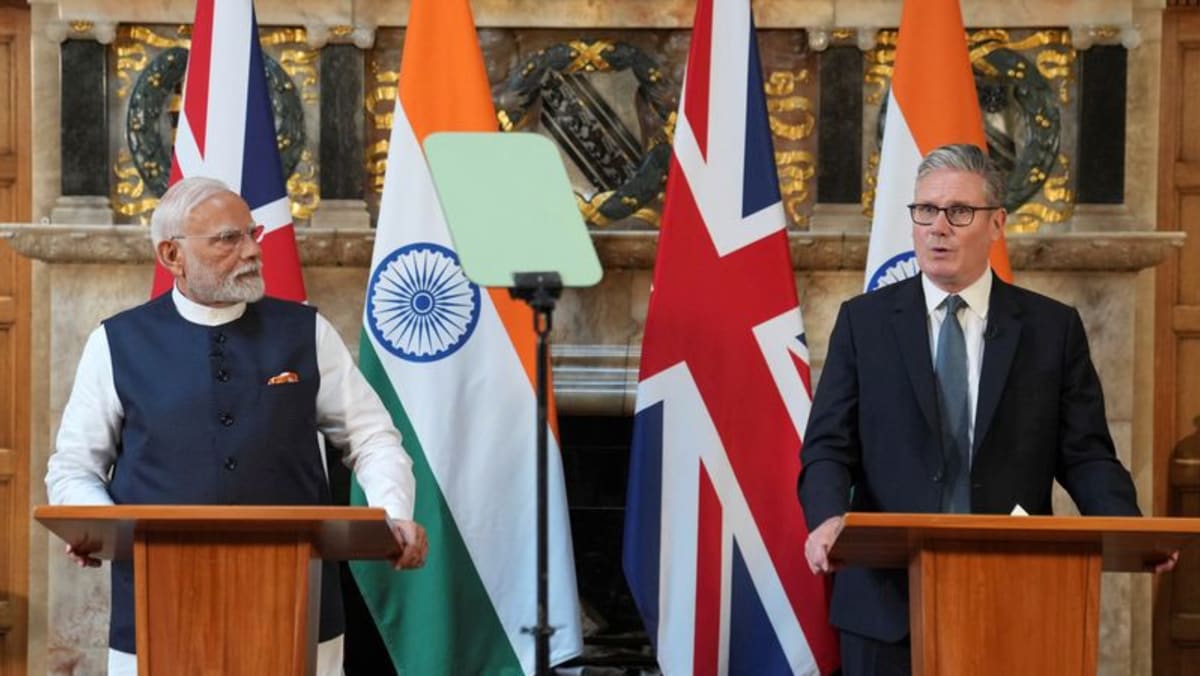
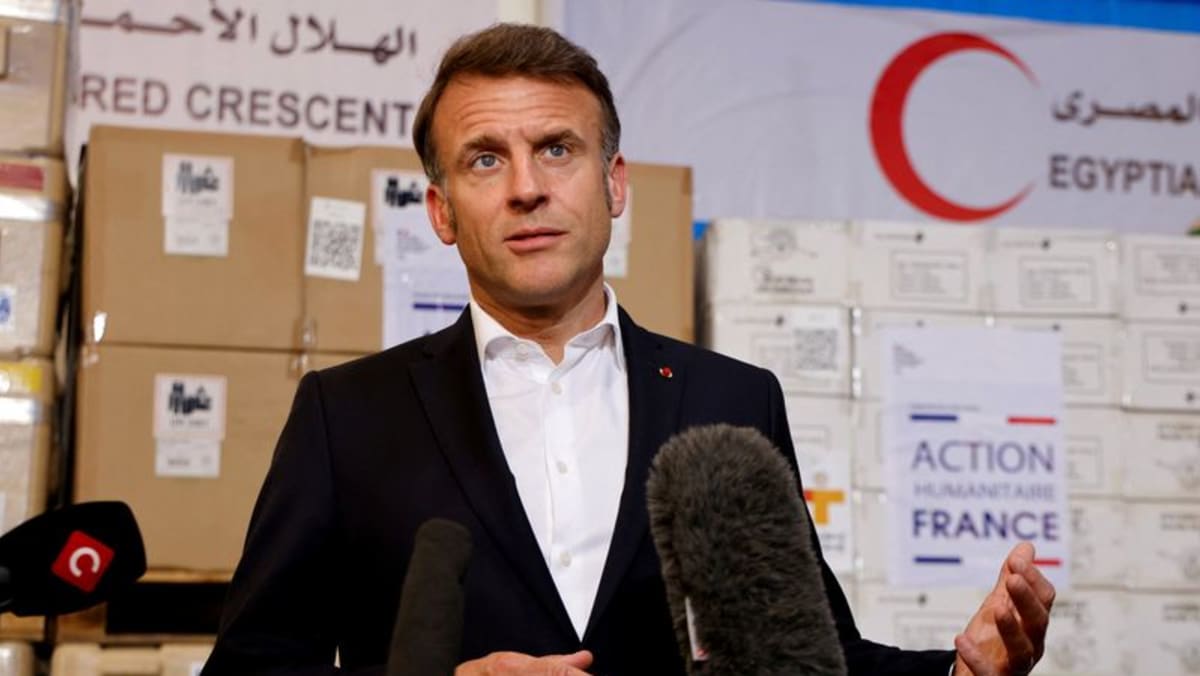


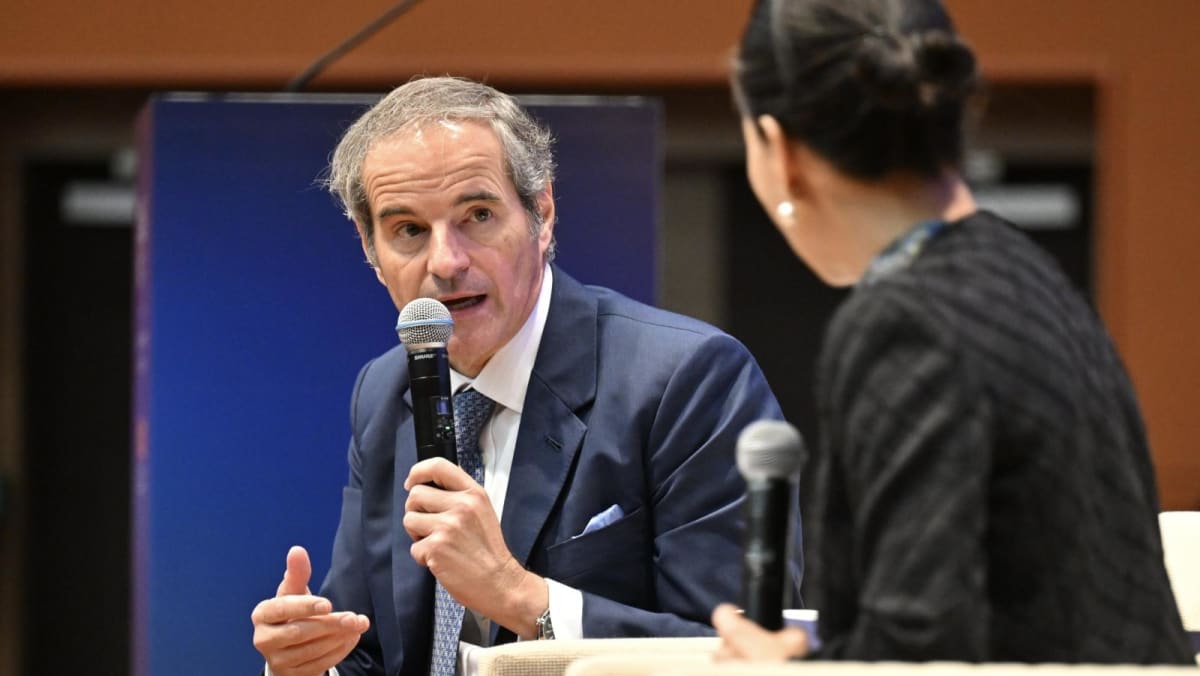













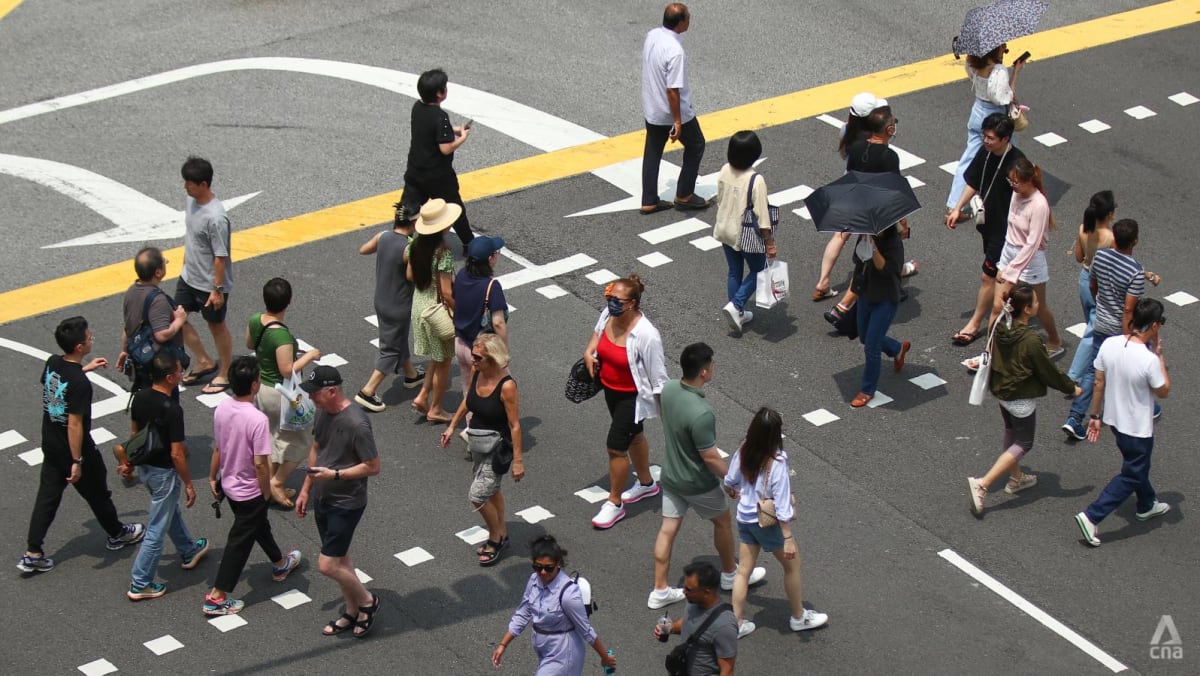










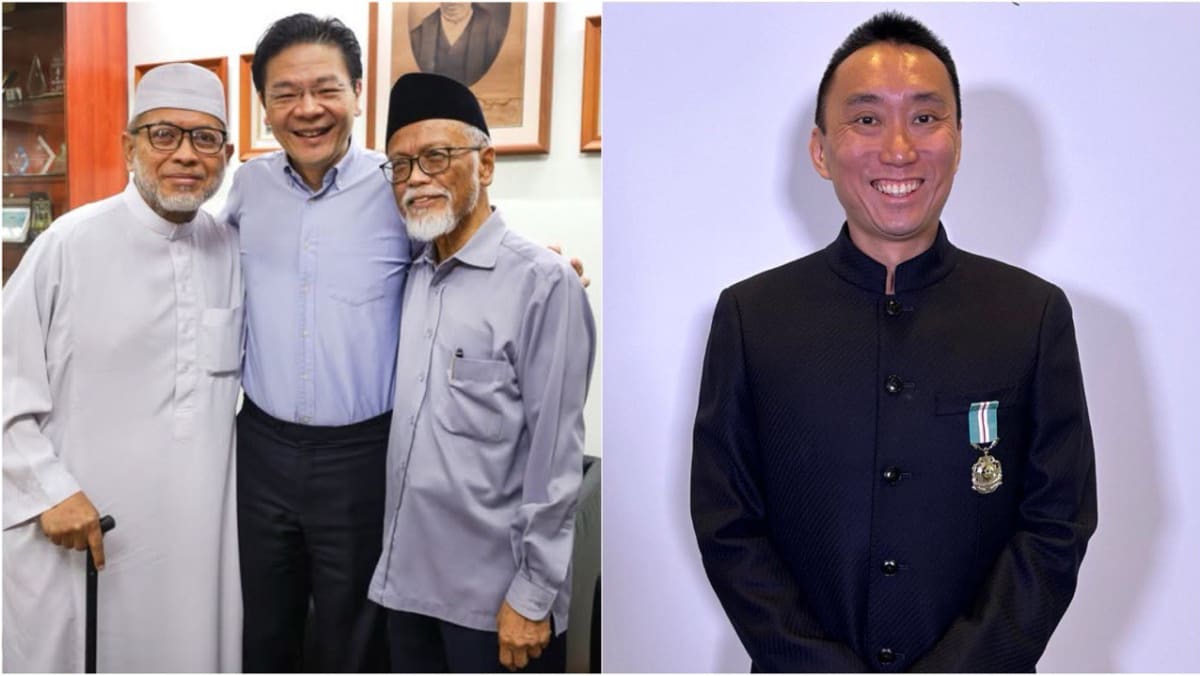


.png?itok=erLSagvf)
